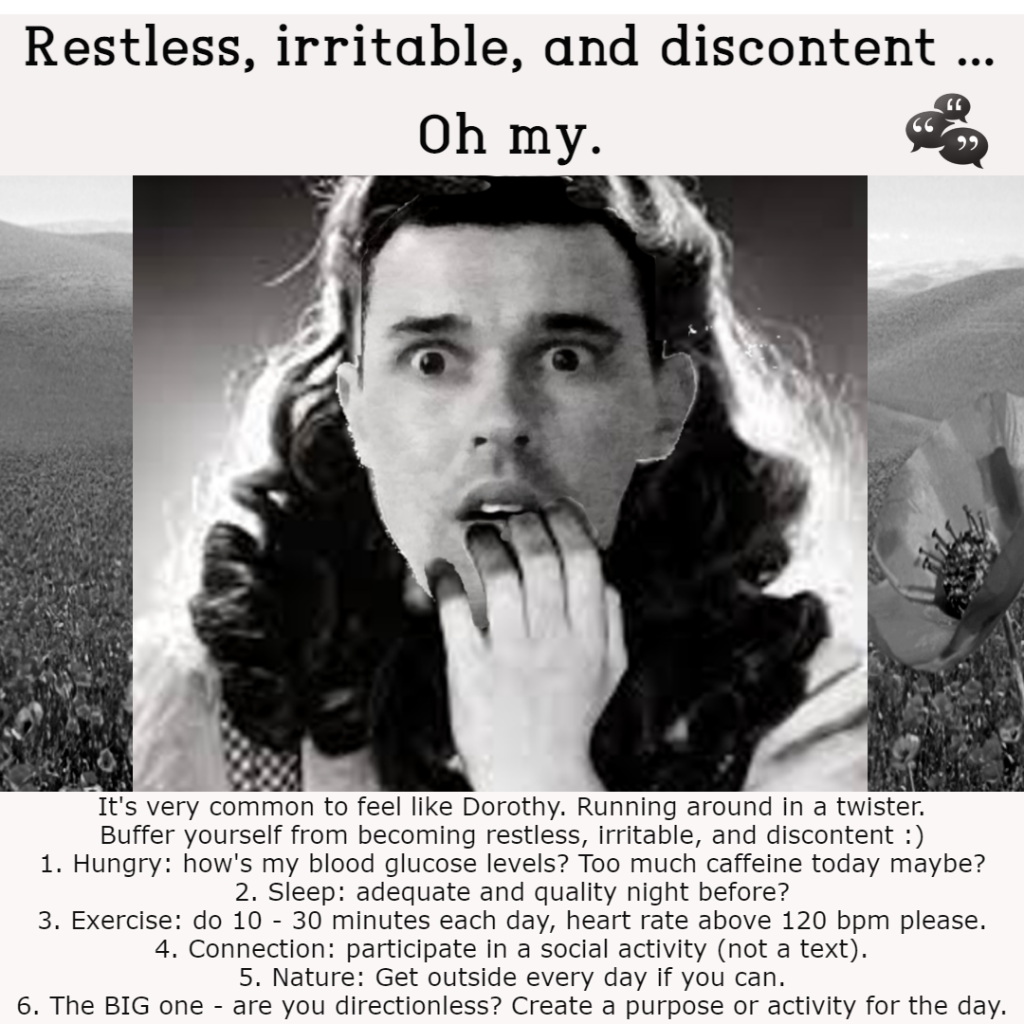Mitchell Webb
Registered Counsellor, Australia Counselling Association

Mitchell Webb
Registered Counsellor, Australia Counselling Association
Definition:
A fact is something that is objectively real and can be proven to be true. It exists independently of what anyone thinks or believes.
Example:
Key Points:
Definition:
Truth is a quality of a statement or belief that accurately reflects reality or fact.
Example:
Key Points:
Definition:
A belief is something a person thinks or accepts as true, whether or not it actually is.
Example:
Key Points:
Historically, mental illness and addiction have been misunderstood and stigmatized. For much of history, these conditions were seen as moral failings or character flaws rather than medical issues. This has led to a persistent stigma that continues to influence societal attitudes.
There is still a significant lack of awareness and education about mental health and addiction. Many people do not understand that these conditions are medical issues that require treatment, just like physical illnesses. This lack of understanding contributes to negative attitudes and discrimination.
Media often portrays mental illness and addiction in a negative light, reinforcing stereotypes and misconceptions. These portrayals can shape public perception and contribute to the stigma surrounding these conditions.
Addiction, in particular, has been heavily criminalised. This has led to a perception of addiction as a criminal issue rather than a health issue, further entrenching stigma and discrimination.
Individuals with mental illness or addiction often internalise the stigma they experience, leading to feelings of shame and low self-worth. This can prevent them from seeking help and support, perpetuating the cycle of stigma and discrimination.
Even within the healthcare system, biases and stigma can affect the quality of care provided to individuals with mental illness or addiction. This can lead to inadequate treatment and support, further exacerbating the issue.
Social and cultural factors also play a role in how mental illness and addiction are perceived. Different cultures have varying attitudes towards these conditions, which can influence how they are treated and supported.
The differential treatment of treatment-resistant substance use disorder (SUD) and treatment-resistant cancer by society can be attributed to several factors:
Substance use disorders are often perceived as a result of personal choices or moral failings, whereas cancer is seen as an uncontrollable disease. This perception leads to stigma and blame towards individuals with SUD, while those with cancer are more likely to receive sympathy and support.
Historically, substance use has been stigmatised and criminalised, leading to a societal view that addiction is a choice rather than a medical condition. In contrast, cancer has been recognized as a medical condition requiring treatment and compassion.
Media often portrays substance use in a negative light, emphasising criminality and moral failure. Cancer, on the other hand, is often depicted with empathy and urgency, highlighting the need for medical intervention and support.
The healthcare system has historically been more equipped to handle cancer treatment, with extensive research, funding, and specialized care. SUD treatment has lagged behind, with fewer resources and less comprehensive care options.
Treatment-resistant SUD involves complex psychological, social, and biological factors, making it challenging to treat effectively. Cancer treatment resistance, while also complex, has seen significant advancements in research and technology, leading to more effective treatments.
Cultural attitudes towards substance use and addiction vary widely, with some societies viewing it as a personal failing. Cancer is generally viewed more universally as a disease that requires medical intervention.
REFERENCES
Australian Government Department of Health and Aged Care. (2024). Initiatives and programs. Retrieved from https://www.health.gov.au/about-us/what-we-do/initiatives-and-programs
Morrison, A. P., Birchwood, M., Pyle, M., Flach, C., Stewart, S. L. K., Byrne, R., Patterson, P., Jones, P. B., Fowler, D., & Gumley, A. I. (2013). Impact of cognitive therapy on internalised stigma in people with at-risk mental states. The British Journal of Psychiatry, 203(2), 140-145. https://doi.org/10.1192/bjp.bp.112.112110
Wood, L., Byrne, R., Burke, E., Enache, G., & Morrison, A. P. (2017). The impact of stigma on emotional distress and recovery from psychosis: The mediatory role of internalised shame and self-esteem. Retrieved from https://repository.essex.ac.uk/21927/1/woodpr2017.pdf
American Cancer Society. (2023). Cancer treatment and survivorship. Retrieved from https://www.cancer.org/treatment/treatments-and-side-effects.html
National Cancer Institute. (2022). Cancer treatment (PDQ)–Patient version. Retrieved from https://www.cancer.gov/types/treatment-pdq/patient/cancer-treatment-pdq
World Health Organization. (2021). Cancer treatment and palliative care. Retrieved from https://www.who.int/cancer/prevention/diagnosis-screening/cancer-treatment-palliative-care/en/
I would infer that you may be depleted in some area of your life. Generally, when I am having any of these experiences I can recognise that my basic needs, and possibly even transformative, needs are not met. My basic needs are food and water, adequate sleep, shelter and safety, social connection (belonging), and esteem needs (e.g., self-respect, self-worth, self-competence, mastery and achievement, integrity, sense of freedom and independence etc.). Perhaps only when all my deficiency needs are met, and I’m experiencing dissatisfaction with my growth needs, do I feel Restless, Irritable, and Discontent in this area of my life – however I assume some would argue that if I am feeling that way when attending to my growth needs, then I may have slipped back to Esteem Needs. You can look up Maslow’s Hierarchy of Needs for a visual representation if you like, using a search engine. Below is a GIF that I created to educate people on how we can buffer ourselves to vulnerabilities. It’s very telling to go into the body when we haven’t eat for a while, may be we’re running on caffeine, and you can feel the restlessness in the body. We have to fuel up when we’re hungry to buffer ourselves from becoming irritable and restless. If you’re feeling discontent with life, I would suggest a social activity, play time with friends, working on a project of some kind, or getting involved in your community.
